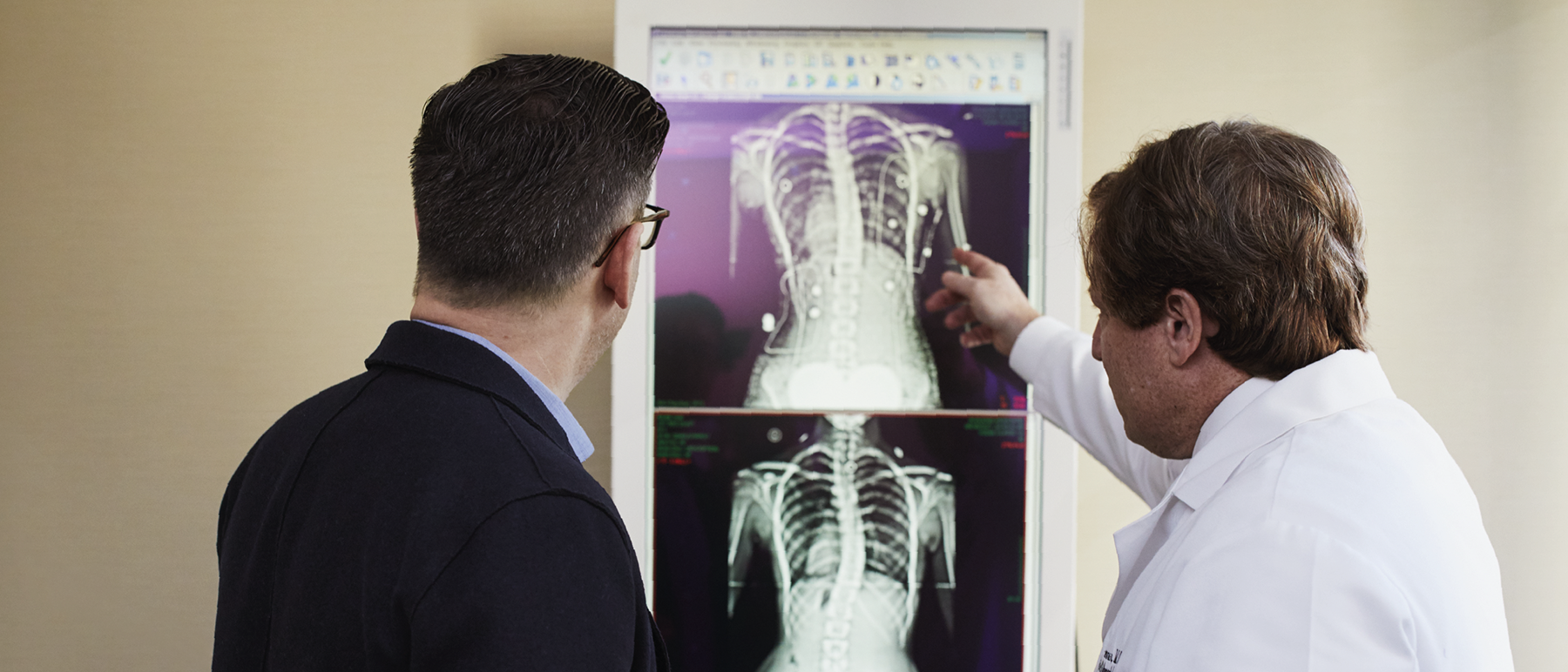The pilot system permits online specialist referrals, decreasing the management burden of a specialist’s appointments, confirmation times, and human resources associated with the process.
There are numerous variables within the Public Health System that can be optimized to deliver a superior service to the public. This opportunity prompted researchers from the Complex Engineering Systems Institute (ISCI) to create tools that improve the management of the medical appointments of the General Medicine Clinical Service, at the Félix Bulnes Clinical Hospital, part of the Western Metropolitan Health Network.
Timely health care is a basic right for all citizens, with access to optimal medical care when they require it and without delays in management or administrative barriers. Achieving this, in practice, proves however to be a great challenge.
One of the critical points is the handling of specialist referrals. “Working with staff from the hospital helped us detect flaws in the process, since the request and reception of referrals is done on paper, then scanned and sent to the Referrals Manager of the Patient Management Unit. She was in charge of receiving the request and processing the appointment times with the different specialists, in addition to generating a record in an Excel file of the dates of application, reception, processing, and resolution. This process was long, bureaucratic, and generated delays in patient care.”, explains Eduardo Álvarez, project manager.
Following an analysis of the process, it was calculated that some 50% of all requests were received the specialists two days after they were initially made, and only then were they able to give the patient an appointment date. To improve the efficiency of the system, an online tool was created that allows treating physicians to make requests for appointments via a platform, through which the specialist receives the request directly and is able to set the appointment date and see the patient as soon as possible.

What makes this tool so innovative is its flexibility, since it allows adjustments in the process flow to each specialist area, in addition to allowing requests of each respective specialty in order to prioritize appointments in the optimal manner.
The pilot system not only focuses on the direct management of referrals (treating physician – specialist), but also other relevant components involved in the service. This is achieved through a parallel module that allows users to monitor the traceability of the appointments online, the times and dates set by the specialists, and their status. Thus, knowledge and synergy is generated between the medical teams involved in different stages of the process (treating physician – nurses – specialists), which allows decisions to be made regarding changes in procedures or treatments for the patient.
The pilot system was implemented at the Clinical Medical Service in Santiago, responsible for some 60% of all referrals booked at the hospital, mainly in specialist areas such as Neurology, Endoscopy, and Psychiatry. It was possible to identify critical points in the process and, through the use of the web platform, reduce waiting times for appointments to under one day in 75% of the required treatments.
“This measure had an important effect, not only because of its impact on the patient’s experience, but also by reducing the number of required bed-days in the process. This results in lower costs of the service and simultaneously increases the capacity of medical attention within the institution, treating more patients in a timely manner.”, says Eduardo Álvarez.
Comunicaciones ISCI


